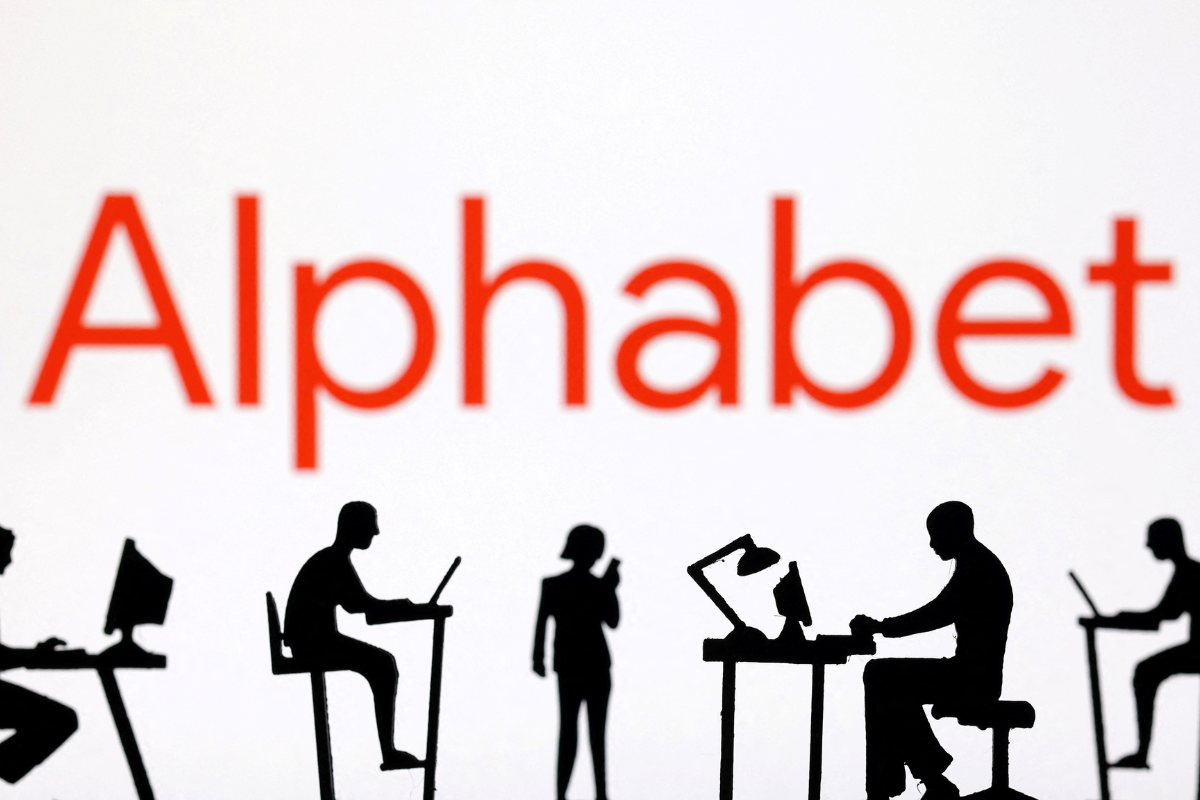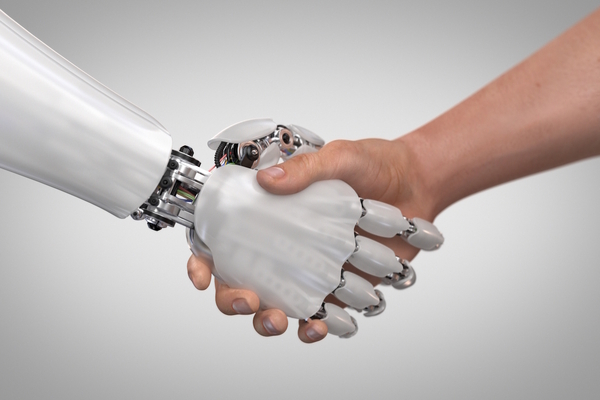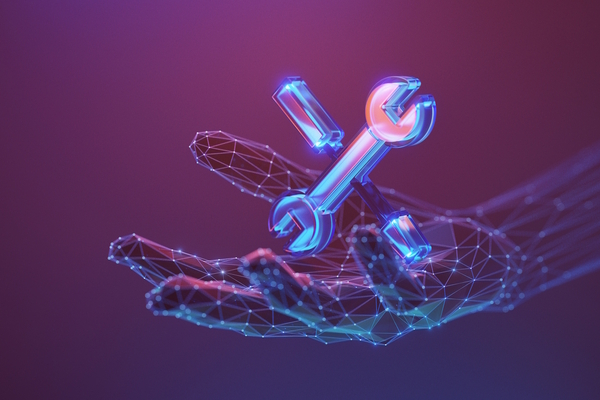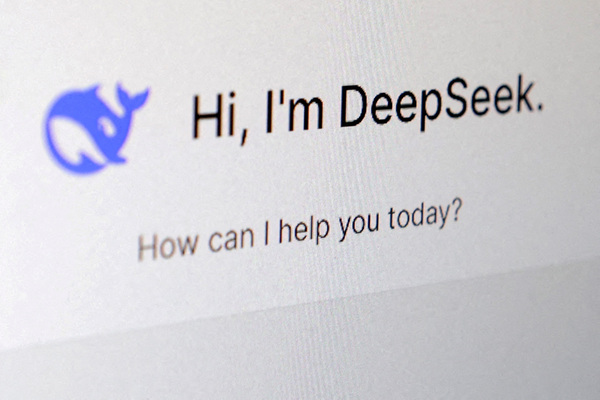The risks and rewards of AI-powered translation

Mihai Vlad at Language Weaver asks whether businesses leaving themselves exposed to risk with poor translation tools
Free-to-use translation tools, and more recently generative AI platforms like ChatGPT, have brought security concerns to the fore around AI-powered translations in general. Many of us use language translation services in our day-to-day lives; it is estimated Google Translate processes around 100 billion words every day.
However, while such tools are ideal for ad hoc, casual purposes such as sourcing directions, ordering from a foreign language menu, or brushing up on your French, they are not well suited for business or enterprise use due to critical security concerns.
However, too often, employees are in the habit of using public, free translation tools to translate confidential information and documents, unwittingly exposing their organisations to serious security and compliance breaches.
Furthermore, the resulting translation is unlikely to be optimally tailored to the organization’s content needs.
On the other hand, enterprise-grade machine translation (MT) powered by artificial intelligence (AI) offers high-levels of accuracy and bespoke adaptability for businesses’ specific and nuanced translation requirements.
What’s more, machine translation built for the enterprise prioritises security and confidentiality, keeping brands and stakeholders both secure and protected against loss of intellectual property, regulatory non-compliance and reputational damage.
In particular, organisations operating in highly regulated industries such as legal, financial, pharmaceutical and defence sectors require secure and efficient translations of confidential, privileged or sensitive content and data.
Security priorities for business translation
When it comes to security, there are some key considerations businesses must take into account when selecting the right solution.
With the world becoming more digitally focused by the day, the demand for security is only increasing. When it comes to translation, enterprises are increasingly looking for innovative machine translation solutions that can securely manage the explosive growth in multilingual content and data whilst also allowing for scalability and flexibility.
Top enterprise-grade machine translation technologies can address all of this. With some solutions providing multiple deployment models across on-premises, private cloud or hybrid options, it is possible to flex and calibrate the right balance of scale, performance and coverage without compromising on security.
While a cloud-based solution, with its benefits of ease, speed and convenience, may be optimal for many businesses that want a secure alternative to free translation tools, for some organisations operating in highly regulated industries, that may not be enough.
For situations whereby the types of content, for example those relating to intelligence, legal, IP or highly restricted areas, require the machine translation solution to be fully within the enterprise’s control, behind its secure firewall, an on-premises deployment may be the suitable choice.
Alternatively, some businesses may be looking to strike a balance between the security provisions of an on-premises deployment and the accessibility of the cloud model. In this case, a hybrid approach may be the answer.
Balancing security, flexibility and translation accuracy
Although the security of data will be a priority for businesses, the risks associated with business translation also go beyond removing the potential of data breaches and IP loss.
Global enterprises use machine translation to not only manage multilingual content and data and gain operational efficiencies real-time, but also to represent their brand to worldwide audiences in a consistent and integrated manner.
Languages are always changing, evolving and disappearing; Arabic has over twenty variations, while sub-Saharan Africa is predicted to form 85% of worldwide French speakers by 2050.
If translations do not account for region-specific differences and cultural nuances, inaccuracies and misunderstandings can occur, particularly among enterprise businesses working across countries with many language barriers. This can often result in misconstrued information, suboptimal customer experiences, and ultimately, a brand’s reputation being damaged.
For enterprises, what is of the utmost importance are consistently accurate translations that can systematically adhere to the organisation’s brand and style guidelines as well as specific organisational nuances.
AI-powered machine translation and its ability to continuously learn and adapt means the right solutions can help businesses ensure all content is translated not only accurately but also fine-tuned to specific organisational requirements.
Today’s advances in AI deep learning coupled with rapidly unlocking novel use cases of machine translation represent a real opportunity for global organisations to protect their data, remove language barriers and provide superior brand experiences to their markets all at once.
Mihai Vlad is General Manager at Language Weaver
Main image courtesy of iStockPhoto.com

Business Reporter Team
Most Viewed
Winston House, 3rd Floor, Units 306-309, 2-4 Dollis Park, London, N3 1HF
23-29 Hendon Lane, London, N3 1RT
020 8349 4363
© 2025, Lyonsdown Limited. Business Reporter® is a registered trademark of Lyonsdown Ltd. VAT registration number: 830519543





